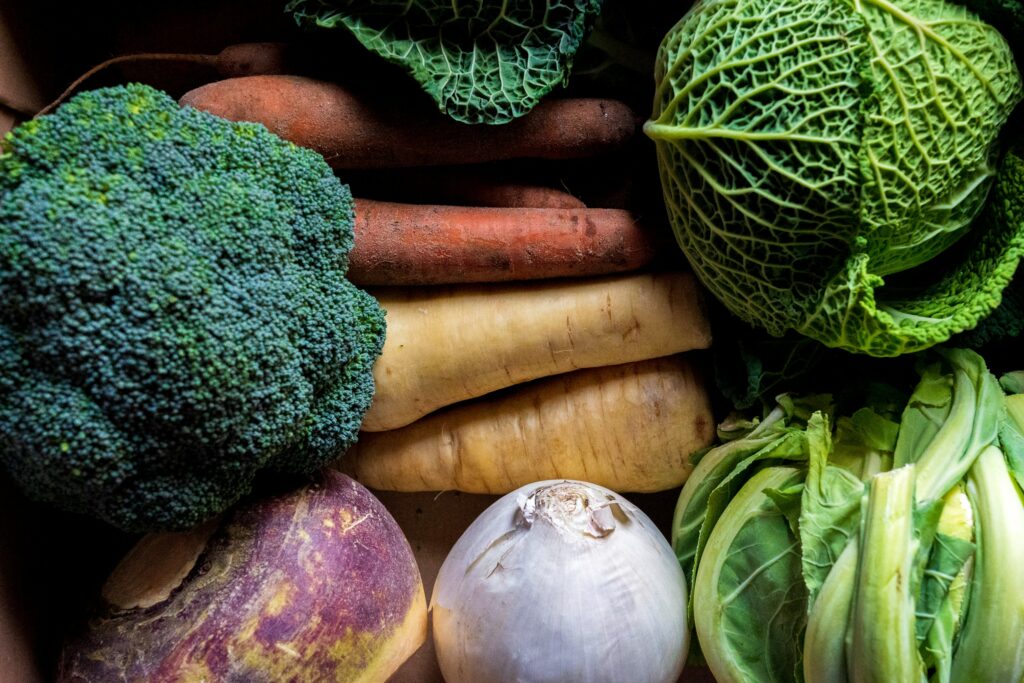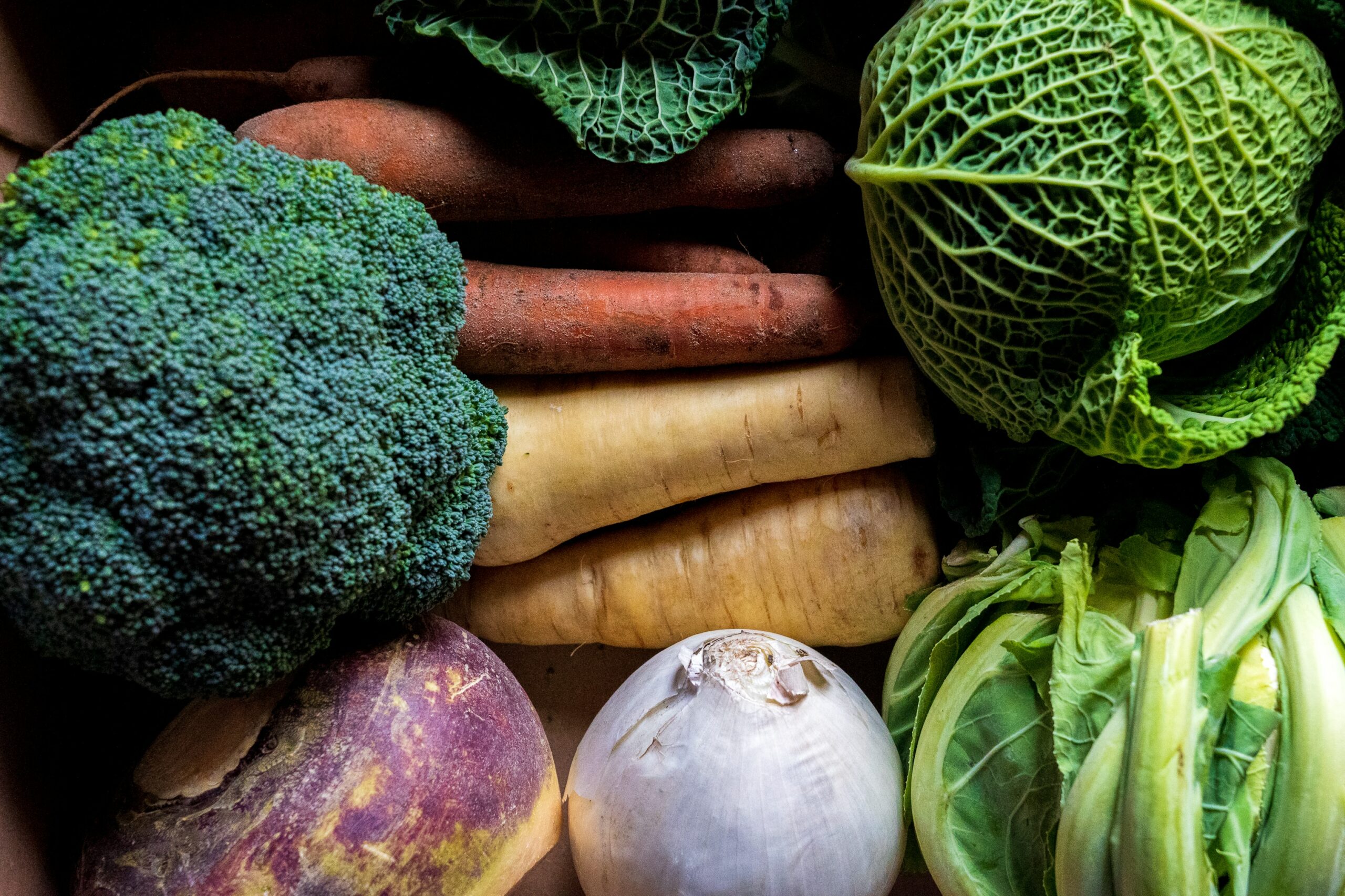The Food Systems Equality (FoodSEqual) project aims to provide citizens of culturally-diverse disadvantaged communities with choice and agency over the food they consume. It is working to co-develop new products, new supply chains and new policy frameworks that deliver an affordable, attractive, healthy and sustainable diet.

This 5-year project brings together people from academia, business, government, not for profits and communities in Brighton and Hove, Tower Hamlets, Reading and Plymouth.
The four communities have now reached decisions about which types of products they would like to see changed and, through a process of concept workshops, have defined what type of change they would like to see:
- In some cases, this is traditional new product development, for example, developing healthier snacks (compared to potato crisps) that are filling and with an improved nutritional content.
- In other scenarios, such as convenient vegetables or fish, the product more or less exists, but the development needed is more focused on policy, for example the labelling and nutritional regulations around jarred sauces.
- Or it is a supply chain issue, for example, how to get locally caught fish into tinned/frozen products and into local supermarkets.
- In many cases there is a need for twin innovation of both supply chain and food regulations to enable significant change to occur.
Price is a consistent underlying issue, and we are drawing on price-setting expertise as part of product development to ensure that the healthier and more sustainable options are affordable.
Impact of the cost of living crisis
The cost of living crisis is having multiple impacts – most notably, the increase in people who were ‘just about managing’ who are now seeking to access food aid and who experience intense feelings of stigma and social embarrassment about having to do so.
We are seeing more working poor accessing food aid, and a definite trend of options such as community larders and social supermarkets being viewed more positively than food banks.
Retaining some degree of choice enables users to retain some sense of self-dignity and empowerment. It also reduces the stigmatisation experienced by children if they still observe that their family ‘goes shopping’ for food.
The Food Aid Supply Chain (FASC) is now a mainstream part of the lives of citizens in disadvantaged communities and we are finding ways to prioritise resource to research ways in which the FASC can be more predictive and logistically robust.
It is clear that a business model is needed that enables organisations to process and store surplus food so that it retains quality through an extended shelf life, as well involvement from food logistics companies, so that it can be distributed in a planned, predictive way.
Food is still perceived as a battle ground in many households, particularly in terms of getting children to eat more healthily. There is a huge fear of spending money on something that the family won’t eat and thereby wasting precious household budget, which translates into a fear of trying something new.
Concept development workshops have provided a risk-free way of enabling people to try new things (for example, pulse-based snacks), demonstrating that once economic risk is removed people are very willing to engage with new and different foods.
We feared that the cost of living crisis would restrict people’s ability to participate but engagement with community activities has remained extremely high.
Participants feel that FoodSEqual can have influence over something that directly affects their lives. In the communities we are working most closely with we are observing that project participants are making the transition from passive consumer to active food citizen.
Coordinated action to tackle health inequalities
The Food Systems Equality project is one of four research consortia funded by the £47.5M ‘Transforming UK Food Systems programme’ delivered by UKRI, in partnership with the community, government and businesses.
We are pleased to have recently been awarded additional funding to focus on tackling health inequalities. FoodSEqual-Health will test the power of local coordinated action to address some of the systemic and structural causes of health inequalities.
Through implementation of the Fresh Street intervention, we will tackle both affordability and accessibility of fruit and vegetables by providing vouchers to about 300 households in areas of Reading and Plymouth that are designated as food deserts, for 12 months. This will be combined with the weekly provision of fruit and vegetables via vendors who will exchange the vouchers and enable additional purchase for cash.
The Fresh Street intervention focuses on the role of community hubs as centres for social connectivity, not only providing a point to order and collect fresh vegetables and fruit, but also to access wellbeing, healthcare and social activities that provide more wide-ranging support for people who may be struggling.
We will assess whether Fresh Street has the potential to reduce the risks of experiencing diet-related disease, and to increase health and wellbeing, and therefore reduce the burden on health and social care services.
Carol Wagstaff is Professor of Crop Quality for Health and Research Dean for Agriculture, Food and Health at the University of Reading. She is Principal Investigator for FoodSEqual ‘Co-production of healthy, sustainable food systems for disadvantaged communities’.

